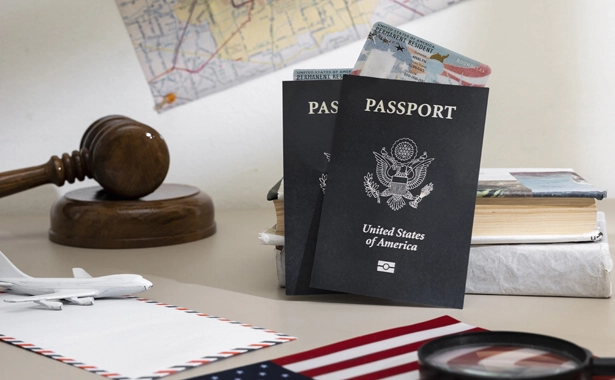Temporary Restraining Order
A Temporary Restraining Order (TRO) is a legal order issued by a court to prevent someone from doing a specific action or from approaching or contacting a particular person. TROs are usually requested in emergency situations where immediate action is necessary to protect someone’s rights or safety.
TROs are meant to address urgent situations where there is a risk of irreparable harm if immediate action is not taken. The purpose of this order is to maintain the status quo and prevent further harm or damage until a full hearing can take place.
To obtain a temporary restraining order, an individual (the petitioner) typically files a petition with the court, providing evidence and arguments for the need for immediate protection. The court reviews the petition and, if convinced, may issue a temporary restraining order without notifying the other party (ex parte). However, a hearing is usually scheduled shortly afterward to allow the other party (the respondent) to present their side.
Temporary restraining orders are temporary and have a limited duration. They are designed to provide immediate relief until a full hearing can be conducted to determine if a more permanent injunction or restraining order is necessary. These orders can cover a wide range of situations, including domestic violence, harassment, property disputes, or other forms of harm. The specific terms and conditions of the temporary restraining order depend on the circumstances of the case.
Violating this order is a serious matter and can lead to legal consequences, including contempt of court charges.



